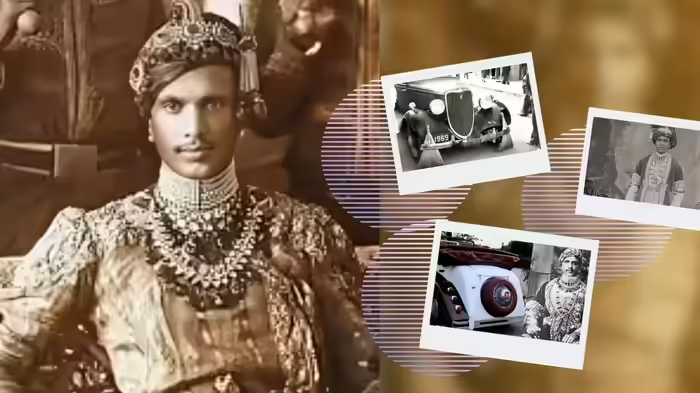
Rajasthan: The intriguing story of Maharaja Jai Singh Prabhakar of Alwar and his legendary Rolls-Royce cars is a remarkable tale of pride, power, and colonial-era defiance. After facing humiliation in London, the Maharaja purchased 10 Rolls-Royce cars and famously turned them into garbage collection vehicles in India, sending a clear message to the British.
The Beginning of a Bold Story
Maharaja Jai Singh Prabhakar of Alwar was known for his grandeur, love for fast luxury cars, and unique habits. In 1920, while visiting London, he went to a Rolls-Royce showroom in simple attire, hoping to view the cars. The staff, assuming he could not afford such luxury, ignored him. Feeling insulted, the Maharaja left—but silently plotted a spectacular response.
Return in Royal Splendor
Soon, the Maharaja returned clad in royal attire, including his crown and turban, accompanied by a grand entourage. This time, he received a reception befitting a king. The story, however, took an unexpected turn.
The Purchase and Unconventional Decision
To respond to the showroom staff’s arrogance, Maharaja Jai Singh bought all six available Rolls-Royce cars and ordered them shipped to India, along with four more cars. People expected him to add them to his royal fleet, but instead, he instructed that all 10 cars be handed over to the New Delhi Municipality as garbage trucks. The audacious move instantly captured global attention.
Rolls-Royce Apologizes
The prestigious British company faced a major embarrassment. International reputation at stake, Rolls-Royce sent a telegram apologizing for the staff’s behavior and requested the Maharaja not to use the cars as waste vehicles. They even offered six new cars for free as a goodwill gesture. The Maharaja accepted the apology, and the cars were restored for his personal use.
A Tale of Pride, Power, and Defiance
Maharaja Jai Singh Prabhakar’s act was not just about personal anger—it was a symbolic resistance against colonial arrogance. By converting Rolls-Royces into garbage trucks, he sent a timeless message: one’s worth cannot be judged by appearances or attire. Today, this episode is remembered in Indian history as a story of dignity, courage, and clever defiance against colonial dominance.
Discover more from SD NEWS agency
Subscribe to get the latest posts sent to your email.
